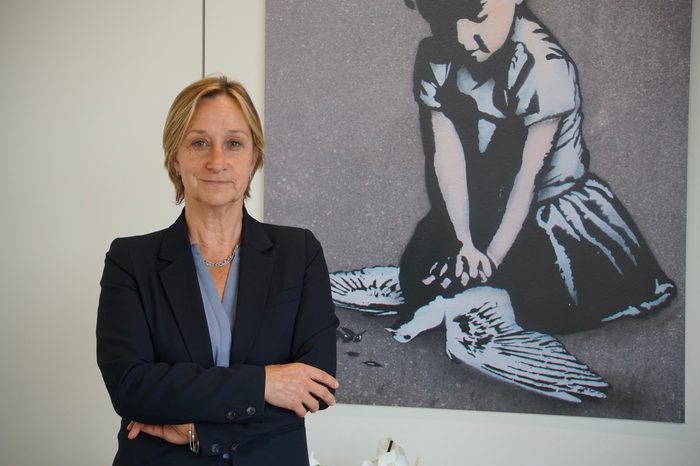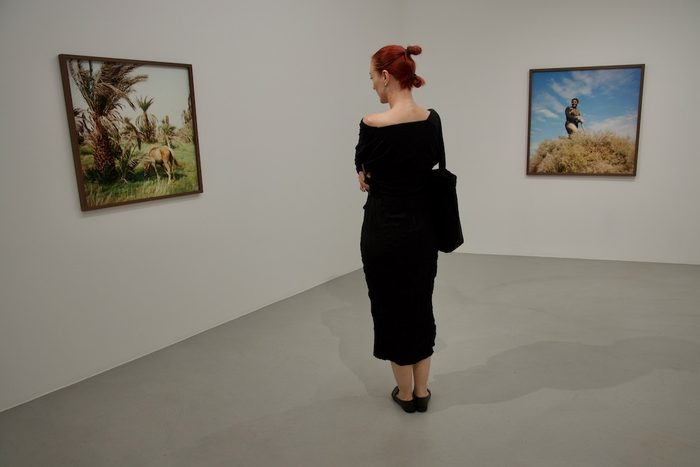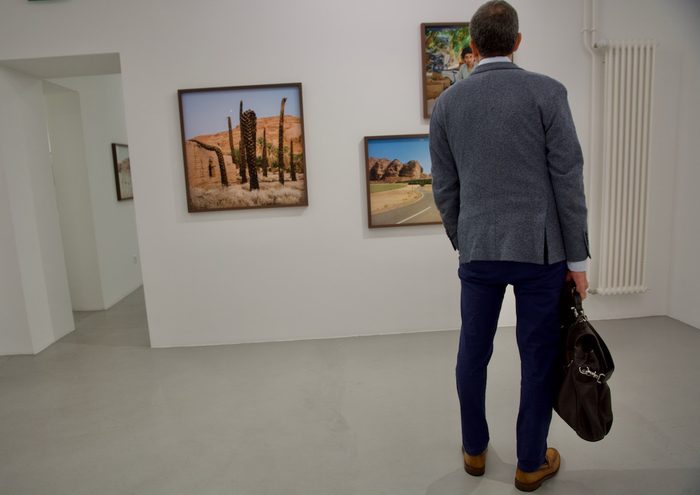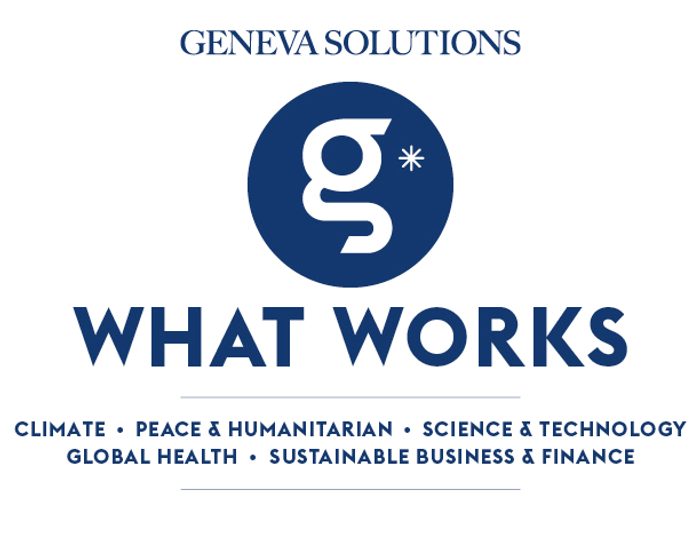Hi, this is Michelle. War spares no one, especially the youngest. However, when it’s time to seek justice, they are often overlooked.
In the second part of our story on justice for children affected by conflict, Cécile Aptel, who helped create some of the world’s most renowned international criminal tribunals, takes us through the historical battle to get these courts to address the suffering of children. |

|

Cécile Aptel, international criminal law expert and UN deputy director of the UN Institute for Disarmament Research, in her office in Palais des Nations in Geneva on 29 August 2023. (Geneva Solutions/Michelle Langrand)
|
|
From Nazi Germany to former Yugoslavia and Rwanda, international courts have been set up in the last nearly eighty years to expose the worst atrocities in recent history and punish those responsible. While their rulings have been historic in obtaining justice, they have rarely focused on children.
In her recently published book, Cécile Aptel, international criminal law and child rights expert, explores the hits and misses of these tribunals, many of which she worked with, in lifting the veil on how war affects children.
“It is such a strong, deep emotion across different cultures to want your story to be known. I really felt very strongly when I embarked on writing my book that the stories of the children were not being told by international courts,” she tells Geneva Solutions in her UN offices in Geneva.
Aptel is the UN deputy director of the UN Institute for Disarmament Research and a visiting professor at the Geneva Academy. But her recently published book, Atrocity Crimes, Children and International Criminal Courts: Killing Childhood, is a side project she has worked on for the better part of the last decade and a journey that began even further back.
Read the full story on Geneva Solutions (EN)
|
|
Here’s what else is happening
|

Images of life in oasis communities in North Africa and the Middle East by prize-winning Moroccan photographer M'hammed Kilito in Geneva, 13 September 2023. (Geneva Solutions/Paula Dupraz-Dobias)
|
|
Oasis study in focus.
As emergency response workers press forward to access isolated communities in Morocco hit by last weekend's earthquake, an exhibit in Geneva has opened, presenting the work of M’hammed Kilito, a leading Moroccan documentary photographer. The show at the Gowen gallery in the Old Town (until 11 November) is entitled Kafila, or caravan in Arabic, and includes some of his visual research on the lives of people in traditional oasis communities across North Africa and the Middle East, who are often unknown within their own countries. The photos recount how inhabitants are impacted by environmental degradation due to climate change and economic development, such as the building of industrial greenhouses to produce non-native fruits and vegetables, driving some to leave on dangerous migration routes.
|

Kafila, a photo exhibit documenting the lives of people in oasis communities in North Africa and the Middle East, at the Gowen gallery in Geneva, 13 September 2023. (Geneva Solutions/Paula Dupraz-Dobias)
|
|
“All my work involves long term projects,” Kilito told Geneva Solutions by phone from Morocco, adding that in contrast to foreign journalists jetting in and out of a country, he spends time, often returning to communities multiple times, to build trust and understand their culture and local knowledge. “I see myself as an activist and think that photography is important and can bring change, but only if we work with a team of people from different walks of life and with different expertise.”
Kilito, whose background is in political science research, works with climate change experts, anthropologists and others. He said the next phase of his research will be solutions-focused and include agriculture projects and traditional methods of production. “It’s a perfect equilibrium of a model that we could all learn from.”
|
|
|
GS news is a new media project covering the world of international cooperation and development. Don’t hesitate to forward our newsletter!
Have a good day!
|

|
|
Avenue du Bouchet 2
1209 Genève
Suisse
|
|
|
|










